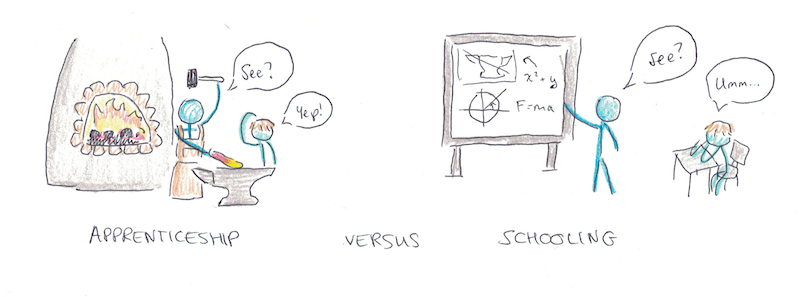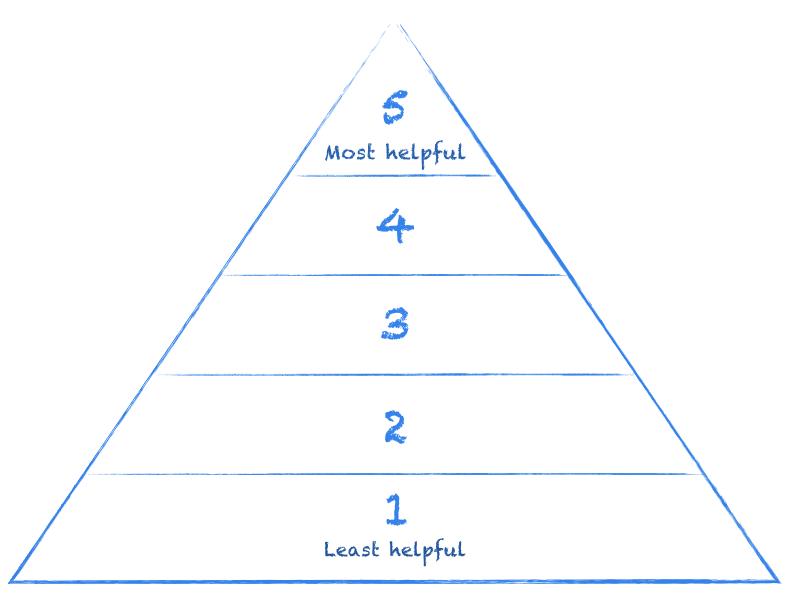Connor Smyth

Weekly Newsletter – May 4, 2020
This week is all about articles that I find interesting. I’ve made some notes on each article and you can see if any of them peak your interest.
The new dot com bubble is here: it’s called online advertising
Jesse Frederik & Maurits Martijn
In 2018 $273bn was spent on digital ads globally. We delve into the world of clicks, banners and keywords to find out if any of it is real. What do we really know about the effectiveness of digital advertising?

https://thecorrespondent.com/100/the-new-dot-com-bubble-is-here-its-called-online-advertising
“The best minds of my generation are thinking about how to make people click on ads.”
– a former Facebook engineer
This is a really interesting article about the rise of unnecessary online advertising. They use the example of how eBay stopped all online advertising for a period of time and still had the same amount of purchases made on their platform. This meant that their cost per purchase decreased significantly.
The article also discusses the use of Economese to intentionally distract the people marketers report to, from the reality of the situation. Using Economese is an easy way to make people think you know what you are talking about and also an easy way to make people think that the current marketing endeavours are working well.
What Medieval People Got Right About Learning
We tend to assume that if people today and people five hundred years ago do things differently, it’s because we’ve figured out a better way to do it. After all, we have microscopes, democracy and penicillin. People in the middle ages lit cats on fire for fun.

https://www.scotthyoung.com/blog/2019/06/07/apprenticeships/
This is a really fun article, partly because of the various drawings but also because of the witty humour littered throughout. The article has a few key take away points: why apprenticeships beat classrooms and how to create your own apprenticeship.
This article can teach you a lot about the importance of mentorship in the workplace and the type of and how to seek it out or become a mentor if you do not already have a mentorship opportunity.
How to be an effective early stage employee. Hint: be helpful.
My first job was working for David Ossip at Workbrain. David used to jokingly call me GPSG: General Purpose Smart Guy. I was young, I was inexperienced, but I was hungry to learn.

This was a useful article that my manager/mentor actually shared with me early on. I learned the importance of identifying potential solutions to a problem instead of just presenting the problem. As a junior developer, it can be difficult to identify how to solve these problems, but I learned that with enough research I could at least outline some high-level solutions.
I also learned that as my skills improve I should be able to provide a solution to the problem and then, with approval, implement a solution. Many of the problems you will identify don’t immediately require action, so take your time before presenting it and come up with one or more solutions. Once you identify a solution you may also realize that you can solve it. In the cases where they are pressing and you know you can solve the problem, it is also important to provide an analysis after you have implemented the solution showing what the problem was, why it was an urgent issue that required an immediate solution, and the steps you took to solve it.
Things I Learnt from a Senior Software Engineer
A year ago, I started working full-time at Bloomberg. That’s when I imagined writing this post. I imagined myself to be full of ideas that I could spit out on paper when the time comes.

https://neilkakkar.com/things-I-learnt-from-a-senior-dev.html
This article echoes some of the things you can find in Clean Code such as good naming conventions but elaborates further on how it also applies to Git commits and documentation.
I think the article is just another example of why mentorship is important for success. Even passive mentoring by allowing a junior dev to watch how a senior works can be helpful. Perhaps the junior can write down questions they can ask at a later time about what they saw and why the senior dev made the decisions they did.
How to Surf the Unstoppable Trend of Remote Work
In December last year, British billionaire entrepreneur Richard Branson wrote an article about the changing nature of work. Increasingly powerful technology will lead to a decrease in the number of jobs.

https://dev.to/x-team/how-to-surf-the-unstoppable-trend-of-remote-work-2ed1
This article is a bit more of a timely one while we are still at home due to COVID-19. The article outlines the advantages, disadvantages, and some tips for remote work. I think one of the takeaways from the article is how to exploit the benefits that come from working from home.
Some other tips that I have learned over this time are:
- Cancel meetings that are not-mandatory
- Limit meeting attendee size to 15 people
- Have more meetings with the same content instead of one big meeting with everyone
- This is not a normal work from home scenario, people will not be as productive as they normally would. Be understanding and let people work the hours they can.